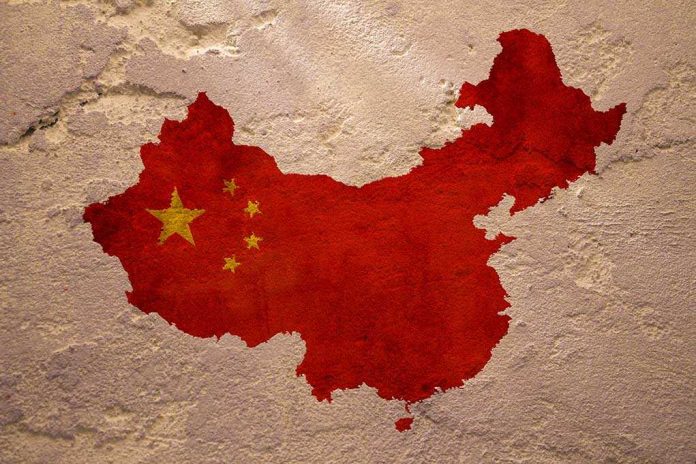
As Voice of America fades from the global airwaves, China is seizing the microphone, filling every quiet frequency with its own state-approved messaging—while American influence recedes and the world tunes in to something very different from the freedom and truth VOA once championed.
At a Glance
- Voice of America (VOA) has cut back or ceased Chinese-language broadcasts after decades of countering authoritarian narratives.
- China is rapidly expanding its state media presence worldwide, stepping into the void left by shrinking U.S. public broadcasting.
- Audiences in China and across developing regions now face fewer independent sources of news, as Beijing’s message becomes dominant.
- The shift has major implications for global perceptions of America, the reach of free speech, and the ongoing U.S.-China rivalry.
Voice of America Steps Down—China Steps Up
Voice of America, once the gold standard for broadcasting free information into the darkest corners of communist regimes, is now a shadow of its former self in the Chinese language. While America’s taxpayer-funded voice retreats, the Chinese Communist Party is gleefully expanding its global megaphone. China’s state media, armed with bottomless resources and zero journalistic restraint, is pumping out propaganda everywhere VOA’s static now reigns. The irony is rich: The United States, the self-appointed champion of free speech, is letting its most powerful tool for sharing American values wither away, just as China doubles down on exporting its tightly managed narrative to Africa, Latin America, Southeast Asia, and even Western democracies. The message to the world is clear—if you want to hear from America, you may have to settle for Beijing’s version instead.
VOA’s Chinese broadcasts were never welcomed by Beijing. Since the 1940s, communist authorities have worked overtime to jam the signal, terrified of their people hearing the truth. Now, thanks to budget cuts, shifting priorities, and a creeping lack of conviction in American public diplomacy, the jammers barely have to lift a finger. The last time this happened, during the Cold War, the free world was united in the belief that the truth must get through—no matter what. Today, that resolve seems to have faded, replaced by strategic retreats and bureaucratic excuses.
The Power Struggle for Global Influence
China isn’t just filling airtime for the sake of entertainment. State-run outlets like CGTN and China Radio International are tools of soft power, broadcasting a sanitized, party-approved vision of China’s rise. They are now finding eager partners and blank slates in countries where VOA’s signal is gone. The U.S. has handed its adversary a golden opportunity: With each shuttered studio and canceled broadcast, Chinese state media expands its reach, shaping international attitudes on everything from trade and technology to human rights and geopolitics.
Audiences that once relied on VOA for uncensored news now face a stark choice: accept Beijing’s filtered coverage or be left in the informational dark. This isn’t just about China, either. The precedent has been set—when America backs down, other authoritarian voices are ready to step in and rewrite the story. The world’s information landscape is shifting, and not in favor of transparency or freedom.
Consequences for American Values and the World
The short-term result is clear: Chinese state media is gaining ground, and the global audience for American stories, values, and facts is shrinking. In the long run, this shift threatens not only U.S. soft power but the very principle that information should be free and diverse. Fewer independent sources mean more control for regimes like China’s, which have never hidden their disdain for open debate or inconvenient truths. The economic fallout hits American media workers and contractors, while the social impact lands hardest on those desperate for objective news in tightly controlled societies.
Experts warn that abandoning VOA’s mission is more than a bureaucratic blunder—it’s an act of self-sabotage in the ongoing struggle for hearts and minds. China’s rise as a media power isn’t accidental. It’s the result of strategic investment, unwavering focus, and an understanding that control of the narrative is control of the future. Meanwhile, U.S. policymakers dither and downsize, leaving the field wide open. If there was ever a time to remember why VOA mattered, and why the world needs America’s voice, it’s now—before the last dial turns and all that’s left is the echo of silence, punctuated by Beijing’s applause.
Sources:
Voice of America History – CBS News
VOA and Global Media Influence – YouTube



